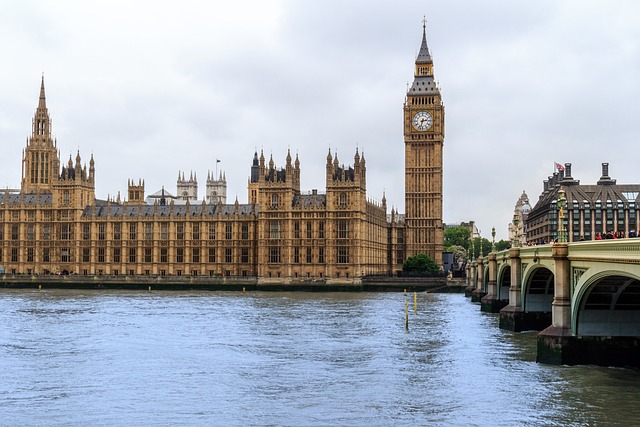It’s UK General Election time again. On 22 May, Prime Minister Rishi Sunak gave the country just six weeks notice of the date on which voters will go to the polls. This has left very little time, especially for independents to organise their pitches to the public.
Net Zero is unlikely to be the major decisive factor in this election, and there is unlikely to be a great deal of difference between the major and legacy parties’ offerings. Nonetheless, you may wish to chose your candidate on the basis of their views of such policies. And the last few years have seen a big shift in the conversation about Net Zero and the climate agenda in UK politics and media, with even former ministers signalling their climate policy scepticism. As economic, political and technical reality bites, the future of such climate policies looks a lot more uncertain than in the recent past.
Here, below, we have copied the text of an email or letter you may wish to send to your prospective parliamentary candidates, to find out what they think about climate and energy policy.
Please feel free to download and edit this text as you see fit. We only offer this text as a guide to what you might want to say, and how to approach candidates. However, we recommend that you keep your letter to two sides or below.
Please let us know how you get on, and how your candidates responded. In the future, we may be able to offer a guide here on how to continue the conversation with your candidate or MP.
Your name
Address
Town
Postcode
email
Name
PPC for [Name of Constituency]
Address
Town
Postcode
email
Date
Dear Mr/Ms Name,
I am writing to you to express my concern about the direction of energy policy, particularly since the Climate Change Act 2008.
Aside the growing geopolitical risks to continuity of energy supply, recent UK energy policy has increased prices faced by households and businesses, especially small and medium sized firms.
Before I consider voting for you at this General Election I would like to know your views on the negative consequences of recent energy policy. Legally-binding emissions reduction targets have been set on the presumption that they will drive ‘green growth’ and ‘green jobs’. But they have contributed to Britain’s deindustrialisation, and small businesses, facing rising energy costs, are no longer able to be the engines of growth and employment.
No new nuclear power plants have been built since 1995, and only one has been commissioned since then. We have just one remaining coal power station, which faces decommissioning later this year. Successive governments have prohibited shale gas exploration, and have either restricted or placed punitive taxes on North Sea oil and gas production. We have consequently become increasingly dependent on imports – even for the steel and components of wind turbines and PV cells.
Wind and solar power generation have been tried for long enough for us to know that they cannot be a substitute for dispatchable power. Their intermittency requires backup, which increases the cost, as do the subsidy regimes that have been necessary to attract investment. They also require smart metering to ‘manage demand’, which is a euphemism for rationing by price, which will impact poorer households the hardest.
Battery storage technology may never be adequate to provide substantial and secure grid backup. Similarly, EV sales mandates leading towards to the abolition of new petrol and diesel car sales have required extremely large subsidies in the form of income tax write-offs. Battery technology has not advanced sufficiently to produce economic alternatives to private transport for people on ordinary salaries, or for goods transportation. The same policies may also cause immense harm to UK and European automotive manufacturing, which also thanks to high energy prices, cannot compete with Chinese production.
No matter how noble climate policies may seem, they have created targets before any way of meeting them economically or technologically, or with public buy-in, have been proven. Were you to be elected as my Member of Parliament, can you confirm that you will put ordinary people’s day-to-day interests before ideological ambitions?
Will you use your voice in Parliament to argue against reckless and draconian policies, including EV and heat pump sales mandates and smart metering?
Will you make the case for expanding nuclear power, developing shale gas and offshore oil and gas, and restoring coal production and power, to support domestic industries and provide Britain with a robust strategic foundation?
Lastly, will you commit to reducing taxes on all energy resources, and eliminating subsidies for wind, solar, and other unreliable generators?
Despite claims from advocates, policies from this era have manifestly failed to produce the domestic industrial growth and lower prices that were promised and have merely harmed the UK economy and household finances. I hope you can provide definitive and clear answers to these questions in due course ahead of the upcoming General Election.
Yours sincerely,
Your Name
